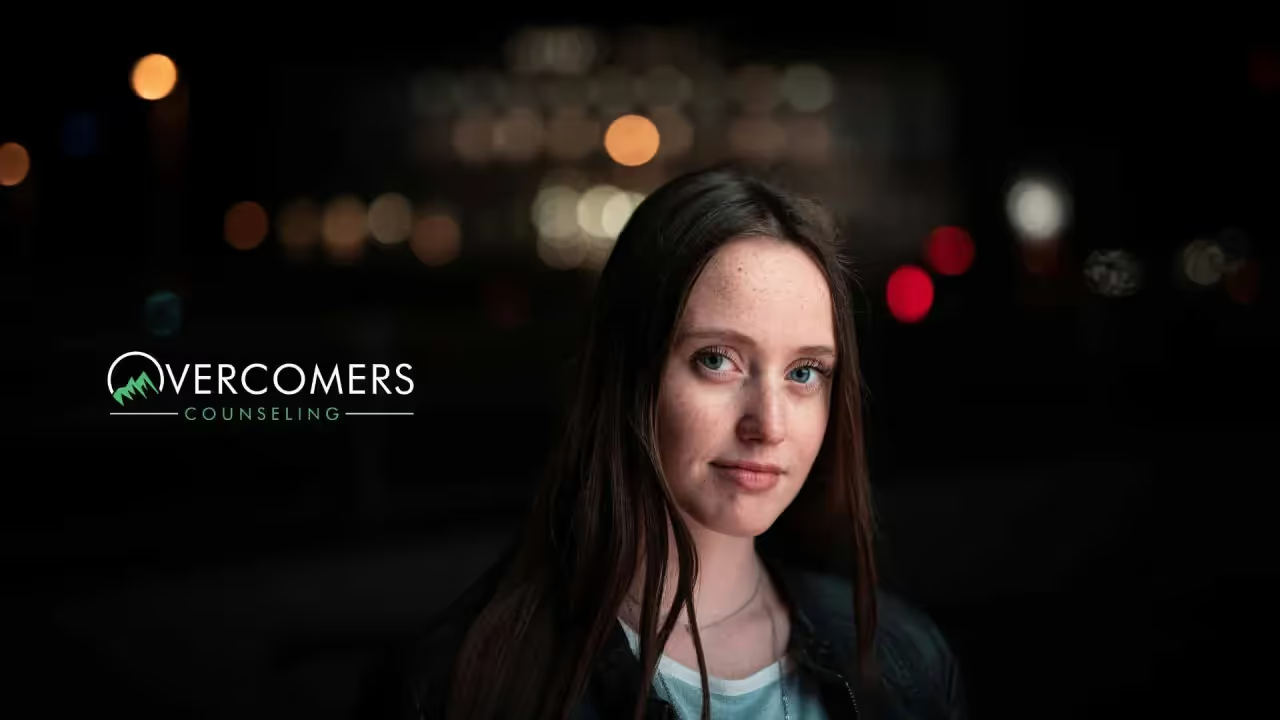IntroductionDenver isn't just known for its beautiful views and lively culture; it's also a place where many people live with bipolar disorder.Support...

Denver isn't just known for its beautiful views and lively culture; it's also a place where many people live with bipolar disorder.Support groups in Denver are really important for them. These groups give people a chance to talk about what they're going through, learn from others, and feel supported by people who understand their struggles.The availability of these groups demonstrates the community's strong commitment to mental health and its determination to ensure that everyone has access to the support necessary for finding peace and balance in their lives.
DBSA offers peer-led support groups, creating a community where individuals can share experiences, offer insights, and provide mutual aid in a confidential setting.DBSA Denver focuses on the principle that peer support facilitated by those who have experienced mood disorders firsthand can be incredibly beneficial.The meetings are structured to ensure a safe, welcoming environment where all attendees can feel comfortable sharing their stories and listening to others.The peer-led format encourages openness, with discussions covering a range of topics from day-to-day challenges to long-term management strategies.
Website: DBSA Denver Meetings
Meetup.com is a versatile platform that facilitates the coming together of individuals with shared interests, hobbies, and challenges, including those seeking support for bipolar disorder.The website allows users to search for specific types of groups, such as "bipolar support groups in Denver," and provides a list of relevant meetups happening in and around the city.These groups can range from small, intimate gatherings to larger, more structured meetings, offering a variety of experiences for participantsAdditionally, Meetup.com offers flexibility in how support groups operate, with options for virtual meetings, outdoor gatherings, or meetups in public spaces like cafes or community centers.This variety ensures that even those with busy schedules or mobility concerns can participate in a way that suits their needs.
Website: Meetup Denver Bipolar Support
The Jefferson Center for Mental Health in Denver is a comprehensive resource for individuals facing mental health challenges, including depression and bipolar disorder.They offer outpatient groups designed to support those dealing with these conditions, providing a network of care across various locations throughout Jefferson County.For over 65 years, the Jefferson Center has been committed to offering exceptional healthcare services focused on counseling, psychiatry, substance use disorders, and crisis intervention.
Contact Information: (303)425-0300
Website: Jefferson Center for Mental Health
For anyone in the Denver area living with bipolar disorder, WellPower provides a robust network of support and care.From emergency crisis intervention to ongoing treatment and community outreach, WellPower's services are designed to meet the diverse needs of those affected by this condition.WellPower may offer psychoeducational groups focusing on bipolar disorder.These groups aim to educate participants about the nature of bipolar disorder, its treatment options, and strategies for managing symptoms.Learning in a group setting also allows individuals to ask questions and gain insights from both professionals and peers who have lived experience.
Website: WellPower
NAMI Denver, a crucial part of the nation's biggest grassroots mental health organization, is committed to improving the lives of millions of Americans dealing with mental illness.NAMI Denver offers peer-led support groups known as NAMI Connection Recovery Support Groups.These groups are designed for adults living with mental health conditions like bipolar disorder.These groups are unique because they are facilitated by NAMI-trained individuals who understand or have shared similar experiences with mental health conditions, offering empathy and encouragement from a place of genuine understanding.
Website: NAMI Denver
Psychology Today provides a comprehensive directory that serves as a valuable resource for individuals seeking group therapy and support groups.This platform simplifies the process of finding and connecting with support groups that cater to the unique needs of those living with bipolar disorder, offering a variety of options across the state.For anyone dealing with bipolar disorder in Colorado, exploring the options available on Psychology Today can be the first step toward finding a supportive community.The directory's ease of use and detailed information about each group make it easier for individuals to identify the best fit for their needs.
Website: Psychology Today - Bipolar Disorder Groups in Colorado

Joining a bipolar support group can significantly impact your journey toward managing bipolar disorder.These groups provide a safe and supportive environment where individuals can share their experiences, learn from others, and receive encouragement.This sense of community can be incredibly comforting and empowering, offering new perspectives and coping strategies.